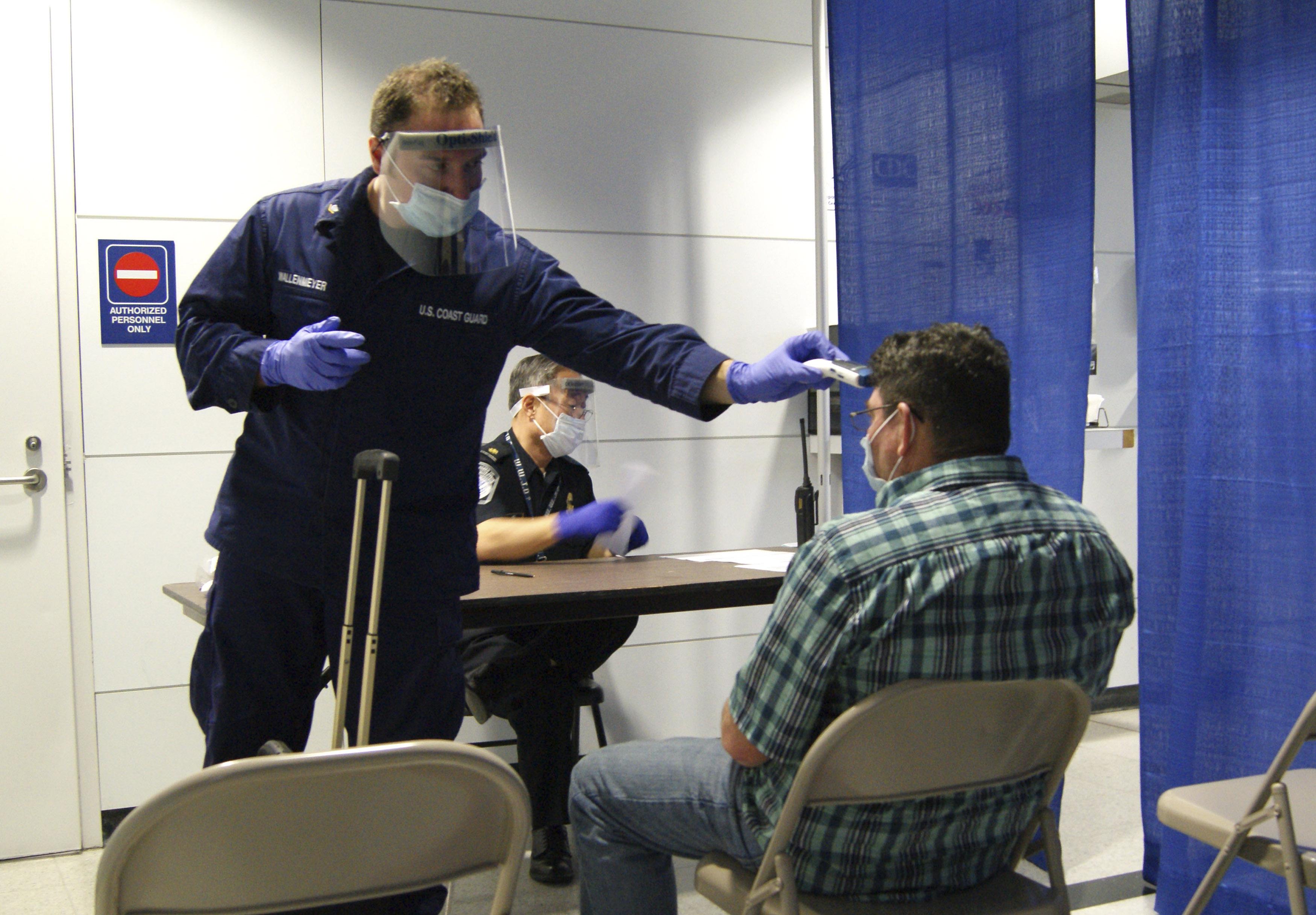A nurse who worked with Ebola patients in Sierra Leone through Doctors Without Borders says she was treated like a criminal when she returned to the United States. When Kaci Hickox arrived at Newark Liberty International Airport after a harrowing experience in which she watched many people die she was quarantined for more than six hours without any explanation. She has tested negative for Ebola and is being held in isolation at a hospital, from where she wrote a first-person account of her ordeal for the Dallas Morning News. She is being held in a mandatory 21-day quarantine under a policy that has been implemented in New York, New Jersey and Illinois.
I am scared about how health care workers will be treated at airports when they declare that they have been fighting Ebola in West Africa. I am scared that, like me, they will arrive and see a frenzy of disorganization, fear and, most frightening, quarantine.
As soon as she disclosed that she had been in Sierra Leone, she was put in a special room and a barrage of officials went in to see her.
One after another, people asked me questions. Some introduced themselves, some didn’t. One man who must have been an immigration officer because he was wearing a weapon belt that I could see protruding from his white coveralls barked questions at me as if I was a criminal.
No one could give her a clear explanation of what was happening.
Three hours passed. No one seemed to be in charge. No one would tell me what was going on or what would happen to me.
Four hours after she landed, an official approached with a forehead scanner to take her temperature.
My cheeks were flushed, I was upset at being held with no explanation. The scanner recorded my temperature as 101.
The female officer looked smug. “You have a fever now,” she said.
I explained that an oral thermometer would be more accurate and that the forehead scanner was recording an elevated temperature because I was flushed and upset.
Three hours later, a motorcade of eight police cars took her to the University Hospital in Newark. The doctors there were confused because, as she had tried to explain in the airport, she didn’t actually have a fever.
Hickox’s tale comes as experts are warning that stricter quarantines for potential Ebola patients could discourage people from volunteering in affected countries, notes USA Today. It also could make it less likely for people to come forward if they have symptoms. Some say there could be a middle ground with one expert telling the Washington Post a mandatory 10-day quarantine followed by self-monitoring could be sufficient.
On Saturday, the World Health Organization said more than 10,141 Ebola cases had been reported in eight countries amounting to 4,922 deaths as of Thursday.
